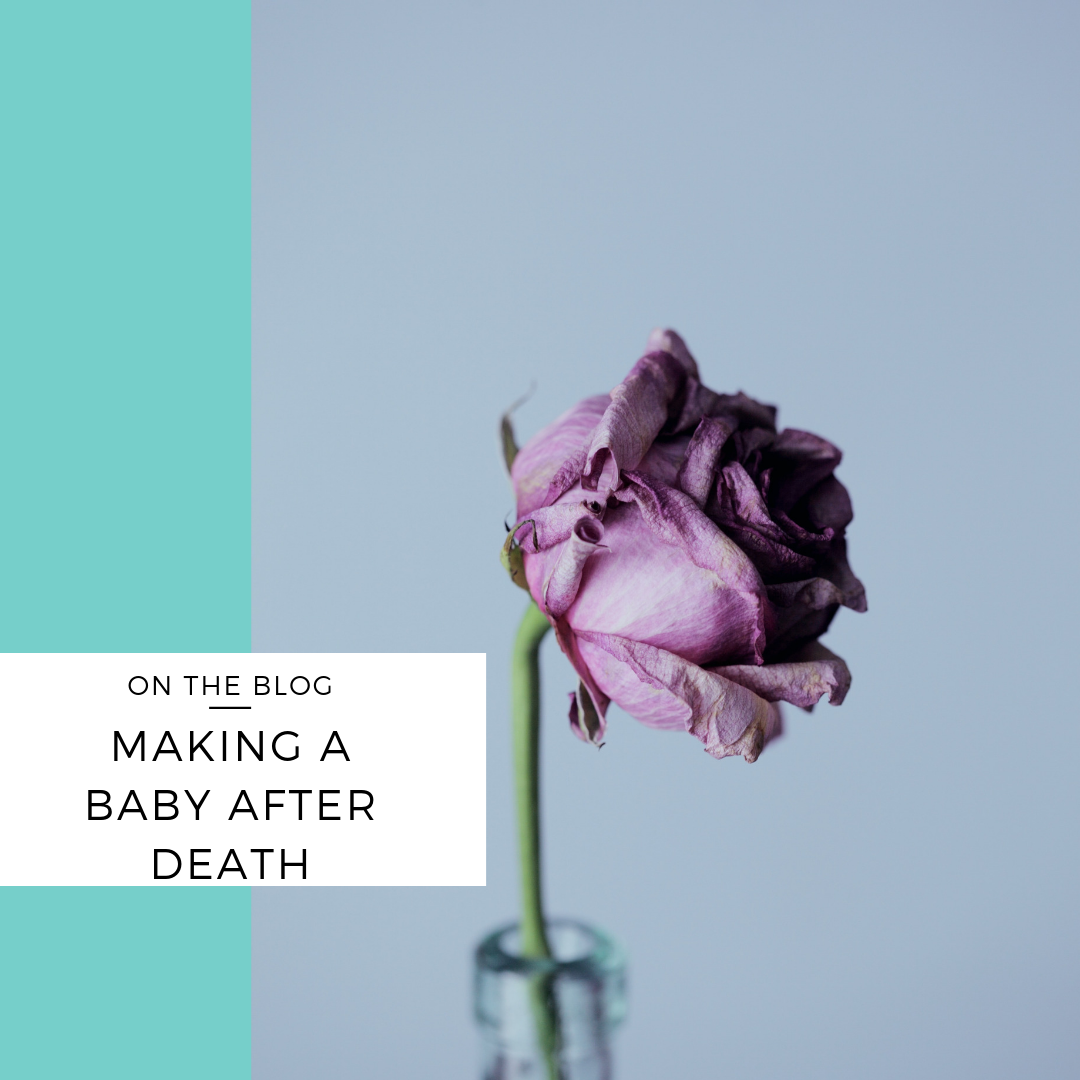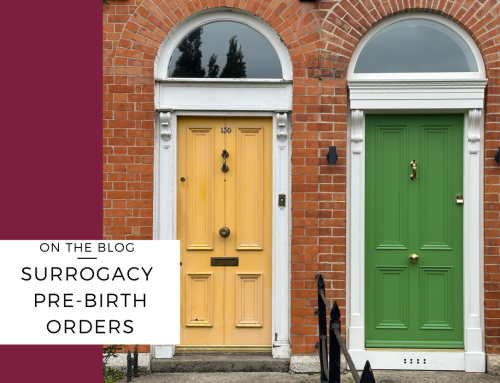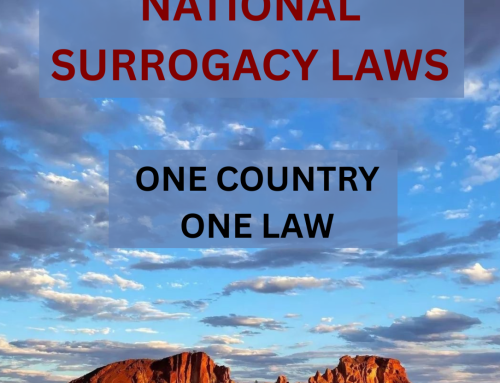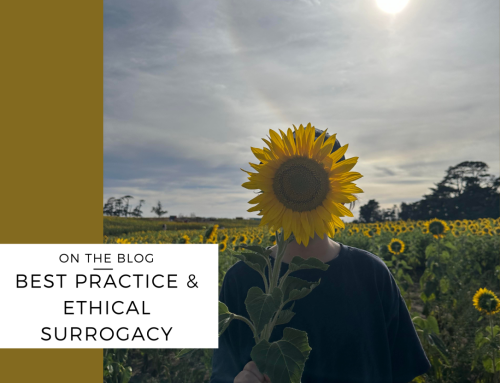Making a Baby After Death: Posthumous Use of Gametes
Posthumous is strange word that means ‘after death.’ Posthumous use of gametes refers to the use of eggs, sperm or embryos after the death of one of the gamete providers (ie. the person who provided the eggs or sperm).
It is many people’s idea of a nightmare – losing a partner and the ability to grow your family the way you had dreamed. Many couples will freeze gametes – sperm or eggs, or create embryos together, when one is struck by illness, with the hope of growing their family in the future. Other times, sperm will be frozen when someone has died suddenly, with their partner seeking to use the sperm to conceive in the future.
What does the law say?
The State laws differ when it comes to posthumous use of gametes. In Victoria, the legislation provides that a clinic can use the gametes of a deceased person in a treatment procedure if:
- The procedure is on the deceased person’s partner (or in some cases in a surrogacy arrangement); and
- The deceased gave their written consent to the use of their gametes to be used in a treatment procedure of that kind.
In the case where the deceased person’s partner has given their written consent to the posthumous use of gametes, the direction must have been specific consent, and the surviving partner will still need to obtain the approval of the Patient Review Panel before proceeding with the treatment.
The ACT introduced the Assisted Reproductive Technology Act in 2024 which provides that the surviving partner must have an order from the Supreme Court for the posthumous use of gametes of their deceased spouse. The court must consider the best interests of the children born and whether the deceased person would have supported the use of their gametes for that purpose.
Queensland is introducing the Assisted Reproductive Treatment Act 2024 which shall provide that gametes can be retrieved if the deceased had explicitly consented, or there was no explicit objection to the retrieval. Authority to request the retrieval or use of the gametes will generally sit with the deceased’s spouse. Using the gametes of a deceased person will rely on approval from an independent review body.
The NHMRC Ethical Guidelines are not binding but they do provide some guidance of what is expected when someone seeks treatment in these circumstances. For the use of posthumous gametes, the Guidelines provide that consideration should be given to whether:
- the deceased person left clearly expressed directions consenting to such use following their death;
- the request to do so has come from the spouse or partner of the deceased person, and not from any other relative; and
- the gametes are intended for use by the surviving spouse or partner
The process for someone seeking to use gametes from their deceased partner would be to seek initial advice from their clinic. The clinic may seek to have the matter determined in a court, however this may not be necessary for the retrieval but may be required for the use of the gametes.
You can read about one woman’s journey to have a baby after the death of her partner in that of Ellidy Pullin, who was able to have a baby after her husband Alex died suddenly.
Retrieving and storing gametes
If a surviving partner wishes to have the sperm of their recently deceased partner retrieved, this needs to happen within hours of the death. There is a very small window after someone has died when sperm can be retrieved from their body. This can happen without lawyers involved, and the best place to start would be with the hospital and doctors where the person rests. There is no need for a court order to retrieve and store sperm from someone who is deceased.
Retrieving sperm and having it stored may be the least challenging aspect. Using the sperm can be a lot trickier. You should seek legal advice to navigate how to use the sperm (or any other gametes stored) and your options within your state.
If you are considering using the gametes of a deceased person, you should seek advice from your clinic and lawyer.
If you are planning on growing your family, with your own gametes or that of a donor, or if you are a donor, you should consider what you would like to occur to those gametes and embryos in the case of your death.
There are things that you can do to make it clear to everyone involved what your wishes are, including writing down your wishes and being specific about your intentions for your gametes to be used if you die. Many surviving partners struggle to use the embryos or gametes from their deceased partner because they did not leave explicit, written consent for them to do so. To make it easier for everyone, ensure your fertility clinic knows of your wishes and that any consent forms are correctly completed and updated. You can also write down your wishes, and have the statement signed and dated with a witness, like a Justice of the Peace. You should also ensure your Will is up to date.
You should also consider who owns an embryo, and who may have say over their use.
If you need legal advice, you can book with Sarah at the link below.








